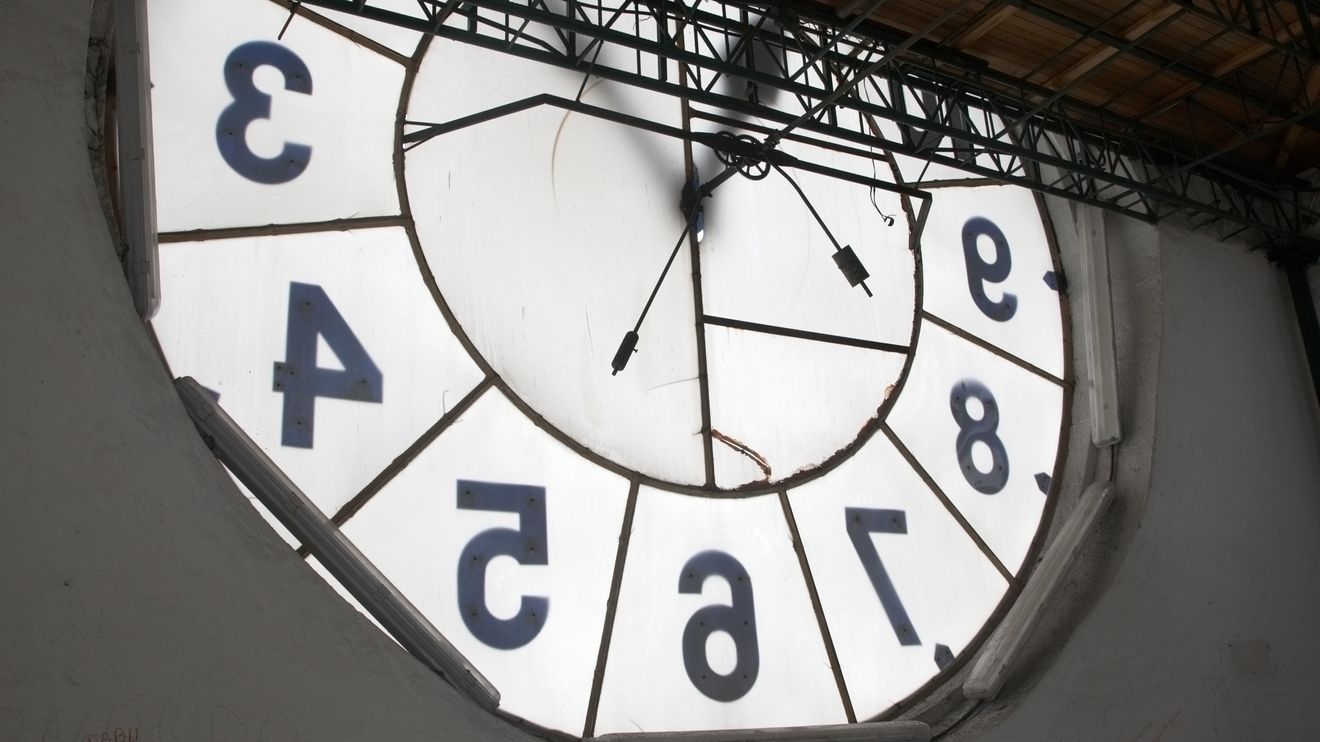November is here and we are heading into one of the most divisive times facing our country. Everyone has a different opinion about it, family members can’t agree, and some people are even losing sleep over it.
It’s not the midterm elections we’re talking about, but time to “fall back” and turn our clocks back to standard time from daylight saving.
In the U.S., the clocks will be turned back one hour on Sunday, Nov. 6, at 2 a.m. local time. If you want to look on the bright side, this means more light in the mornings and an extra hour of sleep (that night), which is good news for the thousands of athletes running the TCS New York City Marathon on Sunday. We will pay for that extra morning hour of sunshine with a darkened commute in the evenings.
You could blame Ben Franklin, who is credited with promoting the practice, but that has been called into question, and even the Franklin Institute says it was a joke. In fact, the founding father who made the “early to bed, early to rise” adage famous in his “Poor Richard’s Almanack,” liked to sleep in.
Don’t like falling back or springing forward? You could keep your clocks consistent and move to one of the U.S. states or territories that doesn’t observe daylight saving, including most of Arizona, Hawaii, American Samoa, Guam, Puerto Rico and the Virgin Islands, according to timeanddate.com.
Or just be patient. In March, the Senate unanimously approved a measure that would make daylight saving time permanent across the United States. The bill is aptly named the Sunshine Protection Act and had bipartisan support, but it remains stalled in the House.
If you live in Europe, you’ll likely have already moved your clock back to Standard Time in the wee hours of Sunday, Oct. 30 (it varies by country); in Asia, most countries do not observe the practice. Clock-watchers take note: We could be nearing the end of clock-changing in Europe. In 2019, the European Parliament voted to remove daylight saving time, but it was stalled in the European Council and for now has been put on the back burner while people focus on issues such as COVID-19, Brexit, the war in Ukraine, according to timeanddate.com.
So as the slow wheels of legislature move to do away with the practice, all we can do is embrace it for now and prepare to add it to the stories about rotary phones, VHS tapes and encyclopedias that we tell disbelieving children.



